Do You Pay Per Click For Facebook Ads?
Do you want to know if you have to pay per click for Facebook ads? Well, you’ve come to the right place! In this article, we’ll dive into the world of Facebook advertising and answer this burning question. So, let’s get started and find out what you need to know about paying for clicks on Facebook!
When it comes to advertising on Facebook, many people wonder if they have to pay per click. The answer is not as straightforward as you might think. Facebook offers various advertising options, and the payment structure can vary depending on your chosen method. So, let’s explore the world of Facebook ads and discover whether you need to pay per click.
Facebook advertising can be a powerful tool to reach your target audience, but it’s essential to understand the payment structure. In some cases, you might pay per click, while in others, you might pay based on impressions or other metrics. So, sit tight as we uncover the ins and outs of paying for Facebook ads!
Remember, understanding how Facebook ads work and the payment options available will help you make informed decisions about your advertising strategy. So, buckle up and get ready to explore the world of Facebook ads and discover if you need to pay per click! Let’s dive in!
Do You Pay Per Click for Facebook Ads?
Facebook Ads is a powerful tool for businesses to promote their products and services. One common question that arises when it comes to advertising on Facebook is whether you have to pay per click. In this article, we will explore the payment structure of Facebook Ads and answer the question: Do you pay per click for Facebook Ads?
Understanding the Payment Structure of Facebook Ads
Facebook Ads operates on various payment models depending on the objective and ad type chosen by the advertiser. One of the most common payment models is cost-per-click (CPC), where advertisers pay each time a user clicks on their ad. However, this is not the only payment model available for Facebook Ads. Other payment models include cost-per-impression (CPM), cost-per-thousand-impressions (CPM), and cost-per-action (CPA).
It’s important to note that Facebook Ads uses an auction-based system, where advertisers bid against each other to secure ad space. The cost per click can vary depending on factors such as audience targeting, ad quality, bid amount, and competition. Advertisers have the flexibility to set a daily or lifetime budget, and Facebook will optimize the delivery of ads based on the allocated budget.
In summary, while paying per click is an option with Facebook Ads, it is not the only payment model available. Advertisers can choose the payment model that best aligns with their advertising goals and budget.
Benefits of Paying Per Click for Facebook Ads
Opting to pay per click for Facebook Ads offers several benefits for advertisers. Here are some key advantages:
- Cost Efficiency: Paying per click ensures that advertisers only pay for actual engagement with their ads. This can be more cost-effective compared to paying based on impressions, where there is no guarantee of user interaction.
- Performance Tracking: With the pay-per-click model, advertisers have clear visibility into the performance of their ads. They can track metrics such as click-through rate (CTR), conversion rate, and return on investment (ROI) to measure the effectiveness of their campaigns.
- Flexibility and Control: Paying per click allows advertisers to have control over their advertising budget. They can set maximum bid amounts, daily budgets, and adjust their strategy based on performance insights.
Factors That Influence the Cost per Click on Facebook Ads
Several factors can influence the cost per click on Facebook Ads. Advertisers should consider these factors when planning their campaigns:
- Ad Relevance: Facebook rewards advertisers with higher ad relevance scores by charging them less for clicks. Creating highly relevant and engaging ads can lead to lower costs per click.
- Audience Targeting: The specificity of targeting can impact the cost per click. Highly targeted audiences may have more competition, resulting in higher costs.
- Bid Amount: The bid amount plays a crucial role in the cost per click. Advertisers with higher bids have a better chance of winning the auction and securing ad space.
- Competition: The level of competition within the targeted audience segment can influence the cost per click. Advertisers targeting competitive industries or popular demographics may experience higher costs.
By considering these factors, advertisers can optimize their campaigns to achieve their desired results while managing their costs per click effectively.
Tips for Maximizing the Value of Paying Per Click on Facebook Ads
Here are some tips to maximize the value of paying per click for Facebook Ads:
- Target the Right Audience: Narrow down your audience targeting to reach the people who are most likely to be interested in your product or service. This can improve your click-through rates and increase the chances of conversions.
- Create Compelling Ad Content: Invest time and effort into crafting engaging ad copy, visuals, and calls-to-action. A captivating ad can attract more clicks and drive higher quality traffic.
- Continuously Monitor and Optimize: Regularly analyze the performance of your ads and make data-driven optimizations. Adjust your targeting, ad creative, and bidding strategy based on the insights you gather.
- Utilize Ad Scheduling: Consider scheduling your ads to run during the most effective times for your target audience. This can help maximize your budget and increase the chances of getting clicks from interested users.
By implementing these tips, advertisers can make the most of paying per click for their Facebook Ads and achieve their advertising goals.
The Impact of Paying Per Click for Facebook Ads
Paying per click for Facebook Ads can have a significant impact on the success of your advertising campaigns. By only paying for actual engagement, advertisers can ensure that their budget is allocated efficiently. Additionally, the ability to track performance metrics allows for data-driven optimizations and better decision-making.
Key Takeaways
When it comes to Facebook Ads, you have the option to pay per click. However, it is essential to understand the various payment models available and choose the one that aligns with your advertising goals and budget. Paying per click offers cost efficiency, performance tracking, and flexibility for advertisers. Factors such as ad relevance, audience targeting, bid amount, and competition can influence the cost per click. By implementing best practices and continuously optimizing your campaigns, you can maximize the value of paying per click for Facebook Ads.
The Future of Facebook Ads: Evolving Strategies for Success
As the advertising landscape continues to evolve, it is crucial to stay updated on the latest trends and strategies for success on Facebook Ads. Here are three key areas to focus on:
1. Mobile Advertising
With the increasing use of mobile devices, optimizing your Facebook Ads for mobile is essential. Ensure that your ads are visually appealing, load quickly, and provide a seamless user experience across different devices.
2. Video Advertising
Video content is becoming increasingly popular, and utilizing video ads can help capture the attention of your target audience. Experiment with different video formats and storytelling techniques to create engaging and memorable ad experiences.
3. Personalization and Customization
Personalizing your Facebook Ads based on user preferences and behavior can significantly impact their effectiveness. Leverage targeting options, dynamic content, and retargeting strategies to deliver tailored ads that resonate with your audience.
By staying ahead of emerging trends and continuously evolving your advertising strategies, you can continue to achieve success with Facebook Ads in the future.
Conclusion
Facebook Ads provides a variety of payment models, including the option to pay per click. Advertisers can choose the payment model that best suits their goals and budget. Paying per click offers cost efficiency, performance tracking, and flexibility for advertisers. Factors such as ad relevance, audience targeting, bid amount, and competition can influence the cost per click. By implementing best practices and continuously optimizing their campaigns, advertisers can maximize the value of paying per click for Facebook Ads. As the advertising landscape evolves, it is important for advertisers to stay updated on the latest trends and strategies to ensure success with Facebook Ads in the future.
Key Takeaways: Do You Pay Per Click for Facebook Ads?
- 1. Pay-per-click (PPC) is a common advertising model used on Facebook.
- 2. With PPC, advertisers only pay when someone clicks on their ads.
- 3. Facebook Ads Manager allows you to set a budget and bid for your ads.
- 4. The cost per click (CPC) can vary depending on factors such as targeting and competition.
- 5. It’s important to track and measure the performance of your Facebook ads to optimize your budget and strategy.
Frequently Asked Questions
Are you considering running Facebook ads for your business? Here are some commonly asked questions about paying per click for Facebook ads.
1. How does pay per click work for Facebook ads?
When you set up a Facebook ad campaign, you have the option to pay per click. This means you only pay when someone clicks on your ad. Facebook uses an auction system to determine how much you pay per click, based on factors like your bid and ad relevance. When someone clicks on your ad, the cost of that click is deducted from your allocated budget for the campaign. Paying per click can be a cost-effective way to ensure you’re only paying for the interactions your ad generates.
However, it’s worth noting that Facebook offers different bidding options, so paying per click is just one possibility. You can also choose to pay per impression, where you pay based on how many times your ad is shown, regardless of whether someone clicks on it.
2. How much does it cost to pay per click for Facebook ads?
The cost of paying per click for Facebook ads varies depending on various factors. The most significant factor is competition. If the target audience you’re trying to reach is highly sought after by advertisers, the cost per click is likely to be higher. Additionally, the quality and relevance of your ad can impact the cost. Ads that are well-targeted and engage users may have a lower cost per click compared to ads that are not as effective.
It’s important to set a realistic budget for your campaign and monitor its performance. You can adjust your bids and budget to optimize your ad’s reach and cost per click. It’s also recommended to test different ad variations and monitor their performance to identify what works best for your business and budget.
3. Can I track the performance of my pay per click Facebook ads?
Yes, you can track the performance of your pay per click Facebook ads. Facebook provides advertisers with various metrics and insights to help evaluate the effectiveness of their campaigns. You can monitor metrics such as clicks, impressions, click-through rate, and conversion rate to assess how your ads are performing and make any necessary adjustments.
Using Facebook Ads Manager or other analytics tools, you can gain valuable insights into the demographics and behaviors of the people clicking on your ads. This data can help you refine your targeting and optimize your campaigns to achieve better results.
4. Are there any tips for creating effective pay per click Facebook ads?
Absolutely! Here are a few tips for creating effective pay per click Facebook ads:
– Clearly define your target audience and tailor your ad copy and visuals to resonate with them.
– Use compelling visuals or videos to capture attention and convey your message.
– Include a strong and clear call-to-action (CTA) to encourage users to click on your ad.
– Continuously test and refine your ads to find what works best for your audience.
– Monitor the performance metrics and make necessary adjustments to optimize your campaigns over time.
5. Are pay per click Facebook ads suitable for all businesses?
Pay per click Facebook ads can be beneficial for various types of businesses, but their suitability may depend on individual circumstances. It’s important to consider factors like your target audience, business goals, and budget when deciding whether pay per click ads are the right choice for your business.
If you’re looking to reach a specific audience and have a well-defined campaign objective, paying per click can be effective. However, if your target audience is not active on Facebook or if you have limited budget flexibility, other advertising methods might be more suitable. It’s important to evaluate your options and consider consulting with a digital marketing professional to determine the best approach for your specific business needs.
How To Lower CPC on Facebook Ads 2023
Summary
So, to sum it up, when you run Facebook Ads, you don’t pay per click. Instead, you pay based on the objective you choose, like impressions or conversions.
Another thing to keep in mind is that Facebook uses algorithms to show your ads to the right people, so you don’t have complete control over who sees them.
Overall, Facebook Ads can be a great way to reach a large audience, but it’s important to understand how the payment structure works and to set clear objectives for your campaigns.

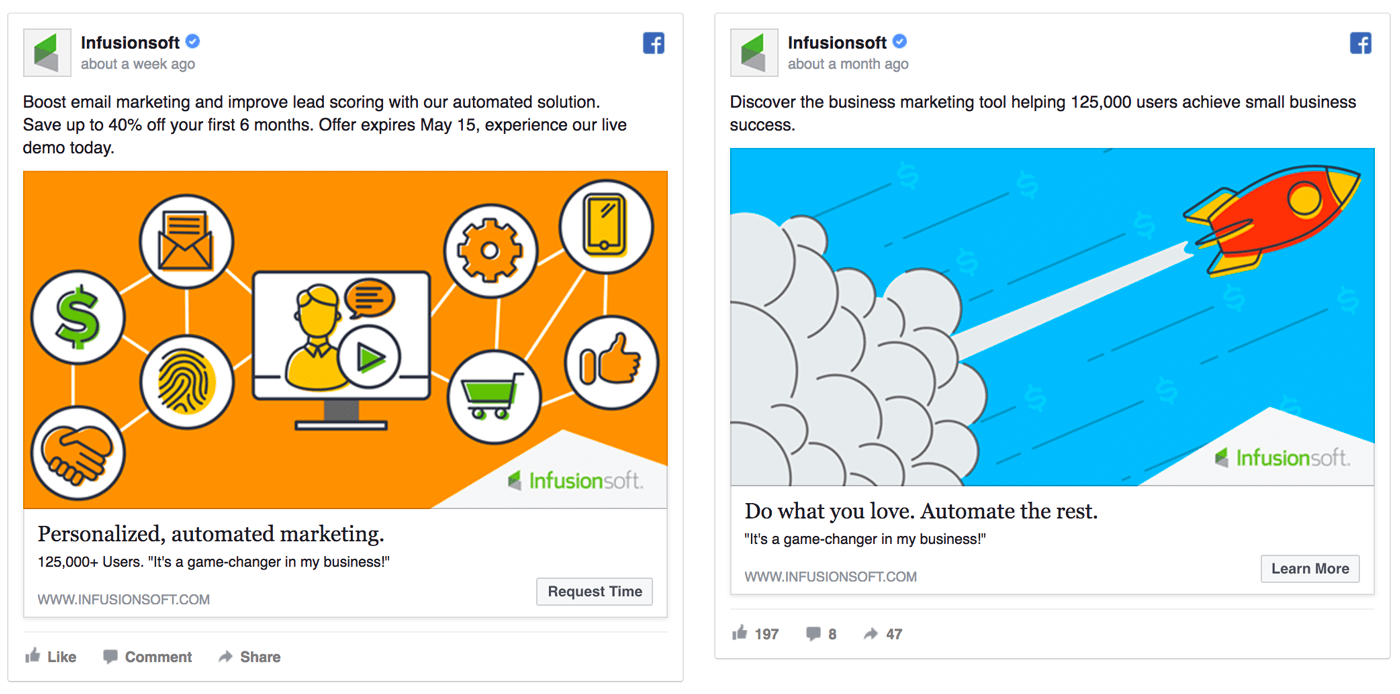
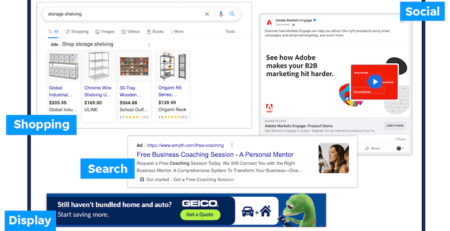
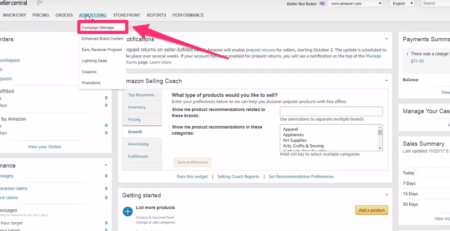
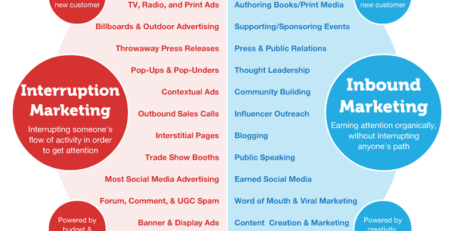
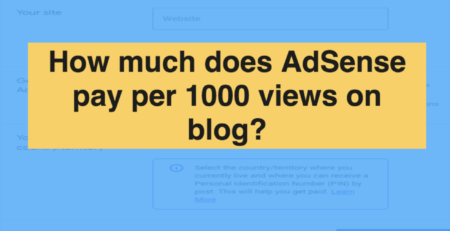
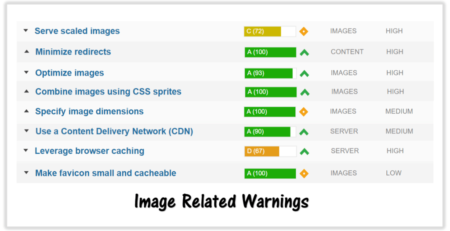
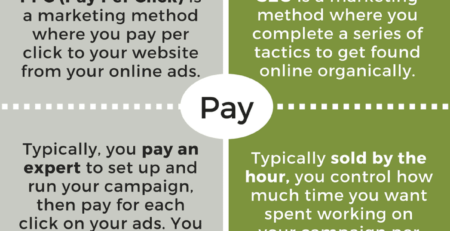

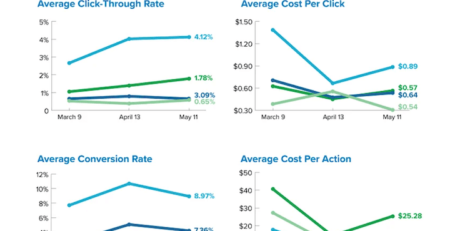
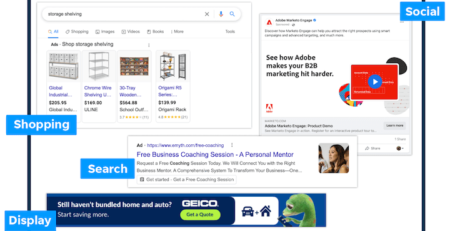
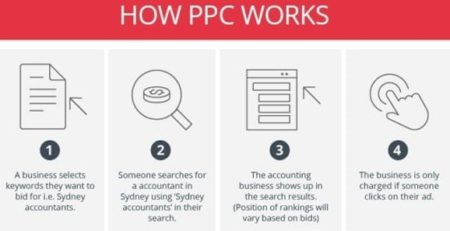
Leave a Reply